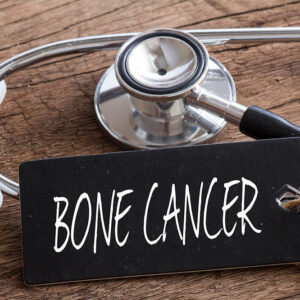
5 early signs of weak bones and management tips
Bones are to the body as bricks to a building: they hold the structure upright and protect the organs. Bones also act as mineral powerhouses and facilitate the development of blood cells. Due to the various functions bones serve, they are indispensable to overall well-being. Consequently, weakening bones pose a health risk that should not be ignored. Here are some early signs of weakening bones and tips for strengthening the bones: Early signs Fractures due to brittle bones People with brittle bones may suffer from fractures with even the slightest of movements and deal with severe mobility issues as a result. Such abnormal fractures are typically signs of weak bones. Changes in posture Weak bones, particularly in the spine, can cause changes in posture, leading to stooping or bending forward. Problems with breathing Often, when the spinal bones are weak, one may suffer from breathing problems due to the inability of the ribs to expand fully. Thus, bone weakening is associated with shortness of breath. Fatigue Weak bones may cause difficulties sleeping, which can contribute to fatigue. Additionally, weak bones can lead to health conditions like osteoporosis, which may require treatment that causes side effects like extreme fatigue. Changes in height A chronic stooped posture caused by weak bones may eventually lead to several postural issues and a consequent reduction in height.











